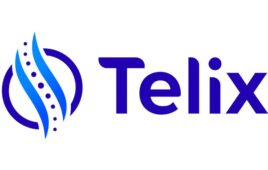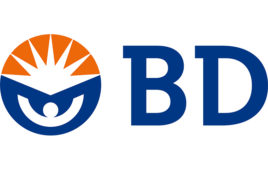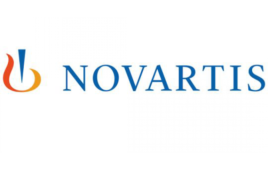
U.S. Trade Representative Katherine Tai announced on Twitter that the Biden administration supports a COVID-19 vaccine IP waiver.
U.S. Trade Representative Katherine Tai announced this afternoon that the Biden administration supports waiving IP protections for COVID-19 vaccines.
“This is a global health crisis, and the extraordinary circumstances of the COVID-19 pandemic call for extraordinary measures,” Tai said in the statement.
Tai said the U.S. will actively participate in World Trade Organization text-based negotiations to make the IP protections waiver happen, though she added that such discussions will take time given the complexity of the WTO.
The news was unwelcome for the Pharmaceutical Research and Manufacturers of America (PhRMA) trade group. “In the midst of a deadly pandemic, the Biden Administration has taken an unprecedented step that will undermine our global response to the pandemic and compromise safety,” said PhRMA president and CEO Stephen J. Ubl in a statement. “This decision will sow confusion between public and private partners, further weaken already strained supply chains and foster the proliferation of counterfeit vaccines.”
International Federation of Pharmaceutical Manufacturers and Associations also criticized the proposal, saying it would allow inexperienced companies to take a central role in COVID-19 vaccine manufacturing.
mRNA vaccine specialists BioNTech and CureVac said that raw material shortages were to blame for COVID-19 vaccine supply shortages rather than IP protections.
In the short term, the proposal to waive IP protections seems to be having a financial impact on at least two COVID-19 vaccine developers. Moderna (Nasdaq:MRNA) stock was down more than –6% to $162.91 per share near the close of trading yesterday. Pfizer partner BioNTech (NASDAQ:BNTX) saw its stock dip 3.5% to $170.77.
Pfizer (NYSE:PFE), AstraZeneca (NASDAQ: AZN) and Johnson & Johnson (NYSE: JNJ) shares were largely flat.
Moderna CEO Stéphane Bancel dismissed the proposal of waiving IP protections as largely inconsequential. “I didn’t lose a minute of sleep over the news during the night,” Bancel said in a first-quarter earnings call. Bancel stressed that mRNA technology is new and prohibitive for many contract manufacturing organizations. “You cannot go hire people who know how to make mRNA. Those people don’t exist,” Bancel said.
Even as wealthy countries such as the U.S. and U.K. secure their vaccine supplies, less wealthy countries such as India and Brazil are struggling to keep up as they are swamped by more vaccine-resistant variants of the novel coronavirus. While India is one of the biggest vaccine producers in the world, it initially exported many of its COVID-19 vaccines. There has recently been a growing call from congressional Democrats and advocates around the world for the Biden administration to throw its support behind waiving COVID-19 vaccine IP so that more countries can make vaccine themselves.
India and South Africa have been especially vocal when it comes to an IP waiver, according to The Hill.
Tai also added that with the U.S. vaccine supply secured, the administration will work with the private sector and all possible partners to expand vaccine manufacturing and distribution worldwide.
PhRMA pointed out that the pharma industry had also made substantial progress in distributing COVID-19 vaccines across the world. “In the past few days alone, we’ve seen more American vaccine exports, increased production targets from manufacturers, new commitments to COVAX and unprecedented aid for India during its devastating COVID-19 surge,” Ubl said in a statement. “The biopharmaceutical industry shares the goal to get as many people vaccinated as quickly as possible, and we hope we can all re-focus on that shared objective.”





Tell Us What You Think!